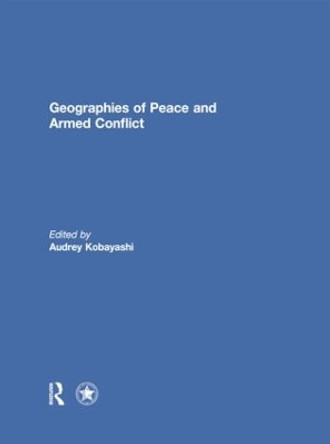Description
This collection addresses the impact of armed conflict and explores pathways to peace across the world. Topics range from geopolitics to the effects of armed conflict on the environment, resources, health, children, and transnational migration. Others explore the social processes involved in post-conflict situations, and others still the lessons for achieving effective peace. The geographical concepts addressed include the notion of "conflict space," landscapes of terror, the relationship between violence and justice, the conditions for peace, and the dynamics of post-conflict. Methods include landscape analysis, interviews with a range of citizens, mapping and geographic information science, and policy analysis. Several papers address the situation of children in conflict zones, the impact of conflict on patterns of migration, the role of gender in achieving peace, the concept of territory as a basis for conflict and for negotiation of peace, as well as the economic impact of conflict. The studies cover several world regions, including Africa, the Middle East, South and Southeast Asia, and eastern Europe.
This book was originally published as a special issue of Annals of the Association of American Geographers.
About the Author
Audrey Kobayashi is a Professor and Research Chair of Geography at Queen's University, Kingston, Ontario. She served as editor of the People, Place, and Region section of the Annals of the Association of American Geographers from 2002-2011, and is currently President of the Association of American Geographers. Her research, writing, and teaching address issues of human rights, especially around questions of migration, racism, and gender.
Book Information
ISBN 9780415696586
Author Audrey Kobayashi
Format Hardback
Page Count 248
Imprint Routledge
Publisher Taylor & Francis Ltd
Weight(grams) 620g






